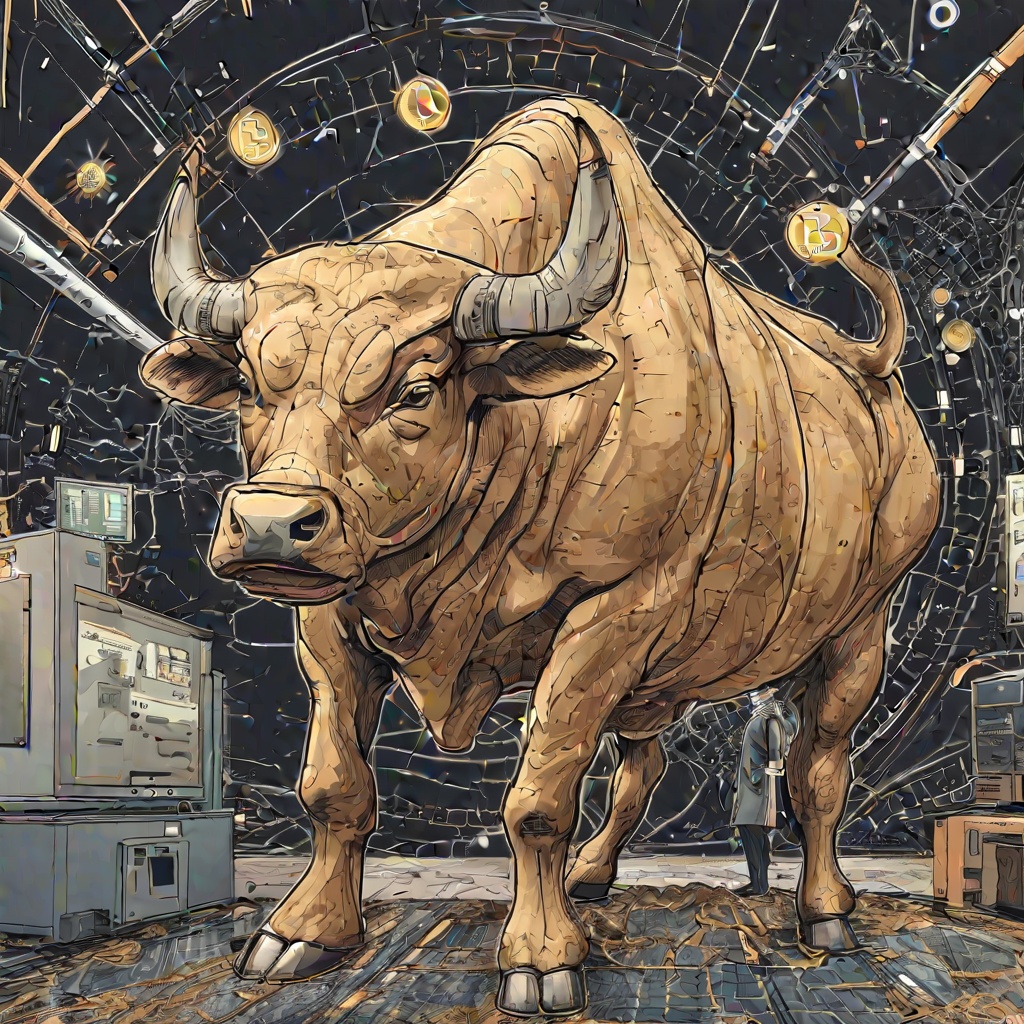What are crypto-assets & how do they affect the environment?
In today's rapidly evolving financial landscape, crypto-assets have become a hot topic of discussion. Could you elaborate on what these crypto-assets actually are? Are they simply digital currencies or do they encompass a broader spectrum of financial products? Furthermore, with the increasing popularity of cryptocurrency mining and transactions, how do these activities impact our environment? Are there significant environmental concerns associated with the production and usage of crypto-assets? I would greatly appreciate your insights on this complex yet fascinating topic.

How does the CBB pre-approve crypto-assets?
Could you elaborate on the process involved in the pre-approval of crypto-assets by the Central Bank of Bahrain (CBB)? Specifically, what criteria does the CBB utilize to assess the suitability of these assets? Do they conduct thorough due diligence on the technology, team, and market potential? Additionally, how does the CBB ensure that the crypto-assets they approve adhere to the country's financial regulations and laws? Furthermore, what role does the CBB play in monitoring and regulating these approved crypto-assets once they enter the market? Is there a framework in place for evaluating ongoing performance and potential risks?

How are crypto-assets accounting treated?
In the realm of cryptocurrency and finance, how are crypto-assets treated for accounting purposes? With the rapid emergence of digital currencies and blockchain technology, it's crucial to understand the financial implications and reporting standards surrounding these assets. Are they classified as assets or liabilities? How are their valuations determined? Do they follow traditional accounting principles or are there specialized frameworks for digital assets? Additionally, what are the challenges in accurately tracking and reporting on crypto-assets given their decentralized and volatile nature? These are just some of the questions that arise when considering the accounting treatment of crypto-assets.

Comment gagner de l’argent en crypto-actifs ?
How does one earn money through cryptocurrencies? It's a question that has been asked increasingly as digital assets have gained prominence in recent years. cryptocurrency enthusiasts believe that investing in various digital coins and tokens can lead to significant returns. However, the path to success is not always straightforward. Understanding the market dynamics, analyzing trends, and making informed decisions are crucial. Diversification of portfolios, careful risk management, and patience are all key factors that can influence one's chances of earning in this volatile yet exciting space. But ultimately, it boils down to having a clear strategy and staying vigilant in this rapidly evolving landscape.

Should crypto-assets be covered by Regulation (EU) 596/2014?
In the current regulatory landscape, the question arises: should crypto-assets be encompassed within the scope of Regulation (EU) 596/2014? This regulation, known as the Market Abuse Regulation (MAR), aims to ensure the integrity of financial markets in the European Union by prohibiting market manipulation and insider trading. However, the rapid emergence and evolution of crypto-assets have left a regulatory gray area. On one hand, crypto-assets are increasingly being used for trading and investment, mirroring traditional financial instruments. On the other hand, their decentralized nature and reliance on blockchain technology pose unique challenges to traditional regulatory frameworks. Therefore, the question begs: does MAR's scope need to be expanded to include crypto-assets? What are the potential benefits and risks of such a move? And how can regulators strike a balance between protecting investors and fostering innovation in the crypto-asset space?

